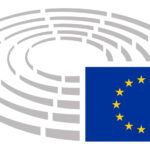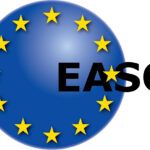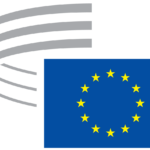Access to the official webpage and the social networks
Role: The European Institute for Gender Equality (EIGE) is an autonomous body of the European Union, established to contribute to and strengthen the promotion of gender equality, including gender mainstreaming in all EU policies and the resulting national policies, and the fight against discrimination based on sex, as well as to raise EU citizens’ awareness of gender equality.
Director: Carlien Scheele
Year established: 2010. As an autonomous body, EIGE operates within the framework of European Union policies and initiatives. The European Parliament and the Council of the European Union defined the grounds for the Institute’s objectives and tasks in its Founding Regulation and assigned it the central role of addressing the challenges of and promoting equality between women and men across the European Union.
Location: Vilnius (Lithuania).
To support better-informed policy-making EIGE contributes to the promotion of gender equality in Europe through delivering high-level expertise to the European Commission, the European Parliament, the Member States and Enlargement countries.
2019-2021 Key objectives and priorities
EIGE’s three strategic objectives for the programming period 2019 to 2021 are as follows:
- To provide high quality research and data to support better informed and evidence based decision-making by policymakers and other key stakeholders working to achieve gender equality;
- To manage all knowledge produced by EIGE to enable timely and innovative communication that meets the targeted needs of key stakeholders;
- To meet the highest administrative and financial standards while supporting the needs of EIGE’s personnel.
Management Board
The Management Board adopts the annual work programme, the medium-term work programme as well as the Institute’s budget.
It consists of eighteen representatives from the Member States which operates on a rotation basis thus guaranteeing total representation combined with operational efficiency. One member is also representing the European Commission. There is an equal number of substitute members.
The length of its representatives’ mandate is 3 years. For each mandate, the Members appointed by the Council represent eighteen Member States following the order of the rotating Presidencies, one member being designated by each concerned State.
The Management Board elects its Chairperson and Vice-Chairperson for a term of 3 years.









Leave a Reply